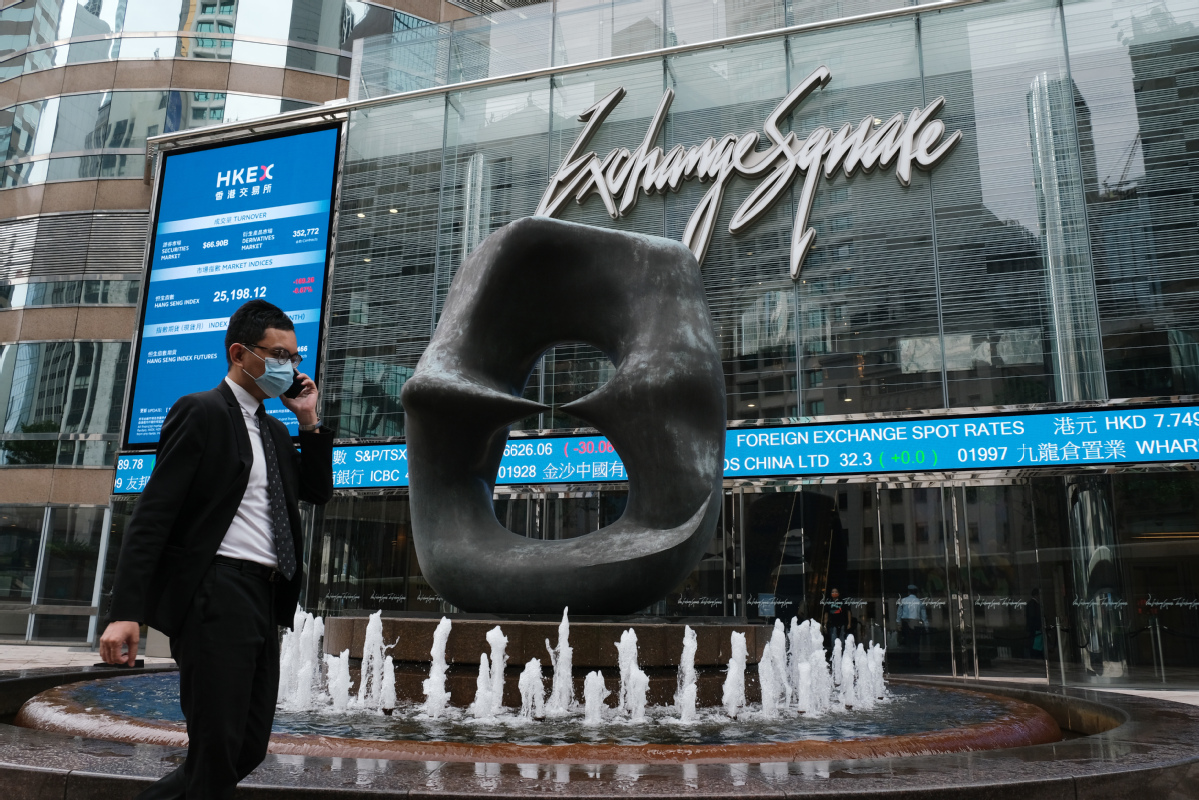Investing in growth now a piece of cake


Overseas-listed Chinese firms' IPOs in China promise to open wealth floodgates
September has been extraordinarily rewarding for equity investors in Hong Kong. For several months, they had been eagerly waiting for new stocks of industry-leading companies based on the Chinese mainland. Several such companies finally made their floats on the Hong Kong stock exchange.
Local investors' targets included stocks of Huazhu Group Ltd, a hotel chain, Yum China Holdings Inc, which operates KFC-branded quick service restaurants, and ZTO Express (Cayman) Inc, one of China's biggest courier or delivery companies that will make its debut on Tuesday.
With such listings, this September will go down in the history of the Hong Kong bourse as the month that saw a record number of secondary listings by hitherto US-listed Chinese companies.
Huazhu, Yum and ZTO chose Hong Kong for their secondary listings as the bourse enabled similar listings of China's internet giants such as JD and NetEase in June. In November, NYSE-listed Alibaba made a high-profile secondary offering.
In recent months, a steady stream of unconfirmed media reports originating outside of China speculated that US-listed Chinese companies such as online travel agency Trip.com Group Ltd and e-marketplace 58.com Inc may go private first, before re-listing in Hong Kong or on mainland bourses in Shanghai and Shenzhen.
The narrative has been that Chinese companies want to stay closer to their home market, in order to hedge against regulatory uncertainty overseas.
The reference, of course, was to the ongoing Sino-US dispute over corporate auditing practices, which finds echo in the broader economic and technology tensions between the world's two biggest economies.
"2020 probably marks the start of the era of US-listed Chinese firms seeking secondary listings or re-listings on home exchanges," said Dong Dengxin, director of the Finance and Securities Institute, which is part of the Wuhan University of Science and Technology in Hubei province.
Since the Luckin Coffee Inc's accounting scandal erupted in April, the US administration has increasingly tightened regulation of Chinese listings. It also threatened to delist Chinese companies that fail to open their books to US authorities. The earliest deadline for complying with US audit requirements could be in the January of 2022.
This landed 260 Chinese issuers, accounting for about 5 percent of the US-listed firms, in a harsh dilemma. The proposed US inspections could be in violation of Chinese laws that stipulate that inspections overseas need to be carried out only under a bilateral regulatory cooperation mechanism. The current cooperation framework set up in 2013 has failed to meet US officials' expectation.




































